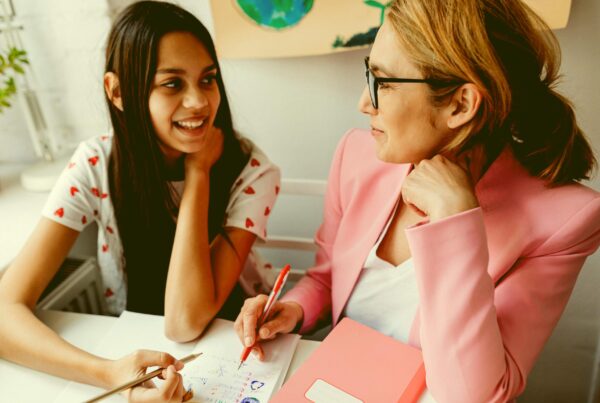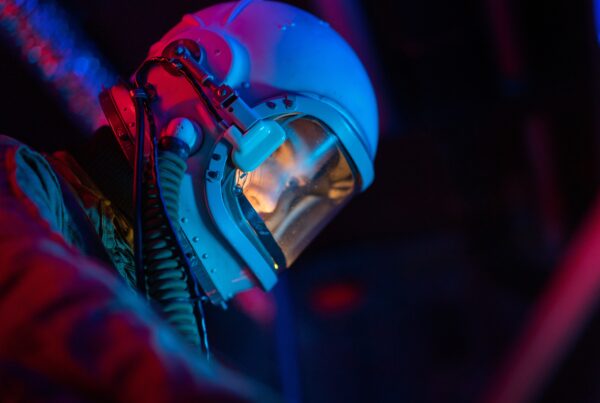
According to F. Scott Fitzgerald, “The test of a first-rate intelligence is the ability to hold two opposed ideas in mind at the same time and still retain the ability to function.” It’s a quote told to almost every student and touted as one of the top skills teachers applaud. But what if students don’t know how to discuss opposing ideas openly? What if students cannot even explain their ideas? Throughout school, we are told to be aware of ourselves and our environment without being shown how. Students struggle to find themselves in school because the standard curriculum avoids teaching about self-awareness. Today’s lack of education in self-awareness will lead a child down a slow walk of mediocrity.
What is Self-Awareness?
A self-aware person is mindful of their emotions, recognizes how others see them, and understands their strengths and weaknesses. It is the primary skill associated with Social Emotional Learning (SEL). A student in tune with their emotional frequency performs better academically, can act independently, helps direct their learning, and has internal motivation. For example, students who practice self-awareness are not afraid of new and conflicting viewpoints with a willingness to explain, support, and expand on their own unique opinions.
Is Self-Awareness Taught in Schools?
Sadly, self-awareness is not always applauded in today’s academic environment. Traditional curriculum models tend to follow a predetermined course of thought without expanding into topics that students find interesting. It stunts the academically gifted, taking away their ability to ask “why?” and, instead, teaches a child to avoid what naturally grabs their curiosity. In fact, most schools do not even have a way to measure a child’s self-awareness.
Why Does Self-Awareness Matter?
According to the APA, supplying students with a more academic and emotionally safe environment to learn is how best to help a child learn. An example of an excellent self-awareness strategy is using a journal with specific writing prompts to challenge student thinking. Studies show that students who learn SEL and self-awareness skills develop the ability to maintain attention, plan ahead, and solve problems creatively. Learning should blend academic and SEL techniques to challenge and nurture a student.
At Giant Leaps Learning, Student Self-Awareness isn’t an Afterthought.
At Giant Leaps, we use learning modules combining academic rigor and executive-based techniques to guide our students in developing effective life strategies. Our innovative learning approach keeps parents involved and has students using a journal to do self-reflective activities. Your student will be paired with one of our Success Coaches to help them lean into their interests within our modules and examine their own complex view of the future. We want to educate the leaders of tomorrow by giving them one of the ultimate tools for today: self-awareness.
Help your child take the leap, and contact us today to learn more about our program.





